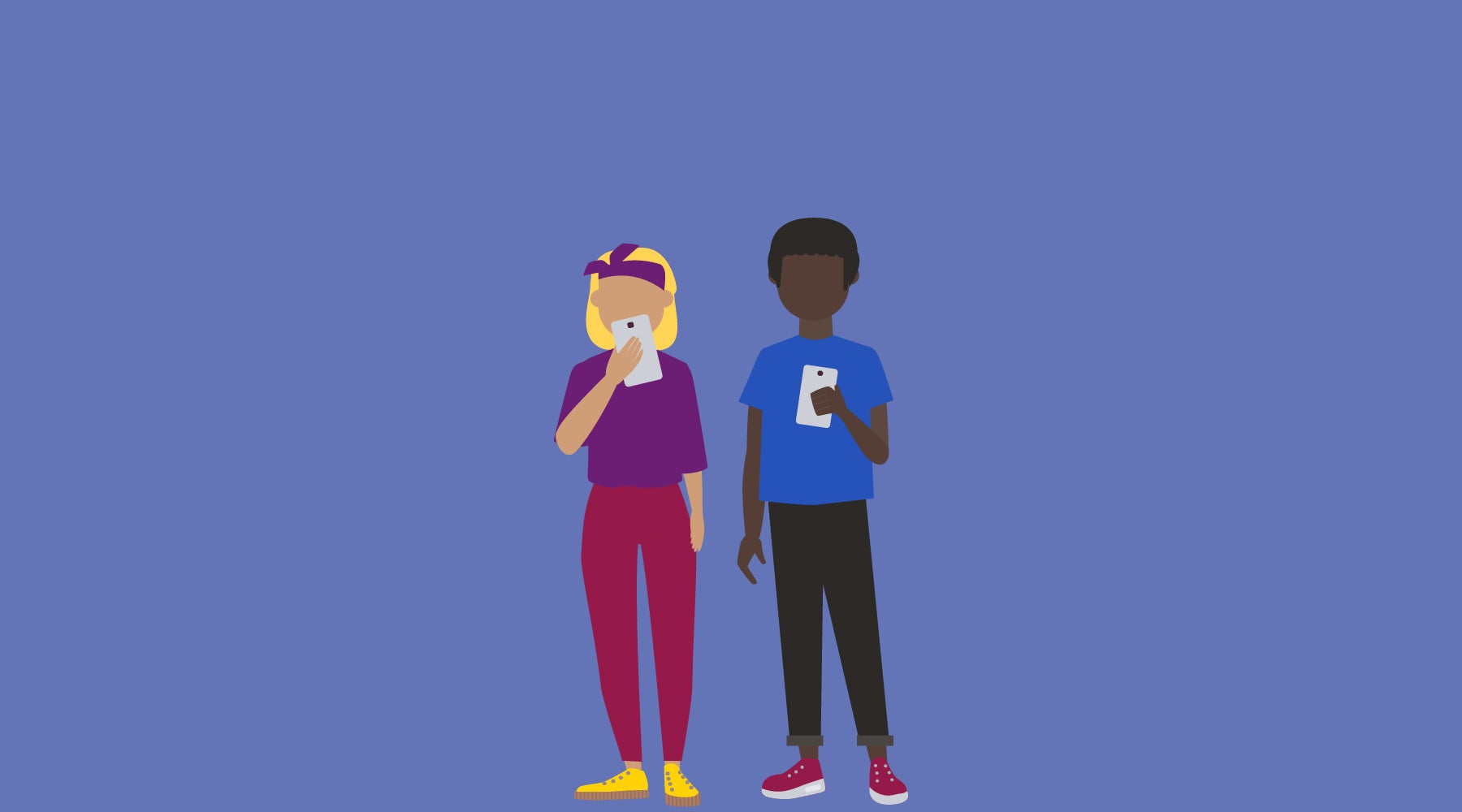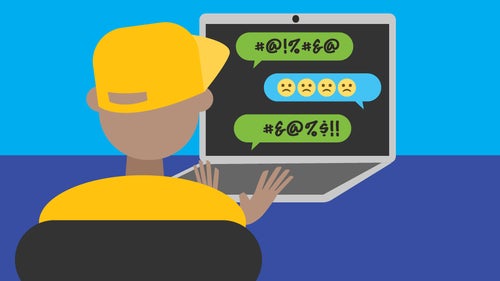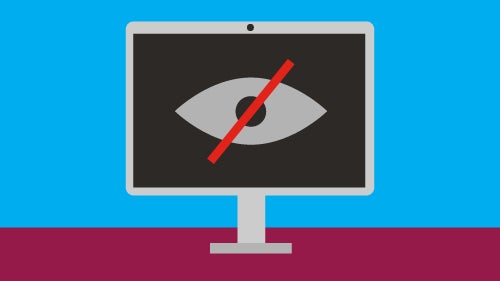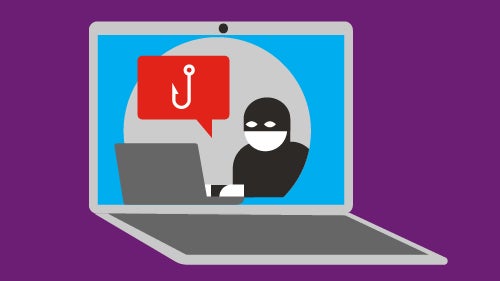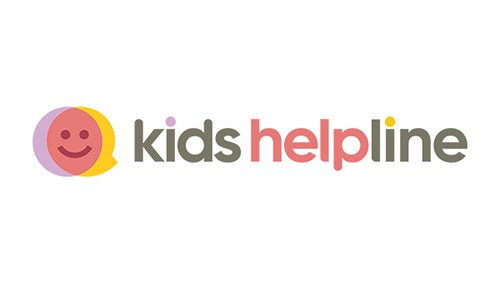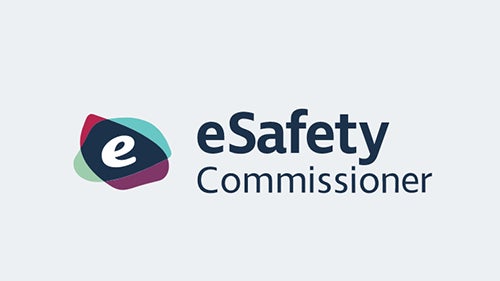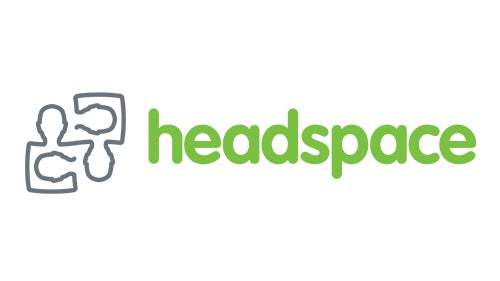Have you ever wanted to know how to handle cyberbullying or whether your parents should be allowed to post content about you online?
We’re answering these questions and so much more.
In an ever-changing online world, knowing your rights, protecting your privacy, staying safe, and being a good friend online are more important than ever. Here we dive into the issues that matter most to you.
84%
of Aussie kids have a social media presence before they are two years old.
1 in 5
young people admitted to behaving in a negative way to a peer online.
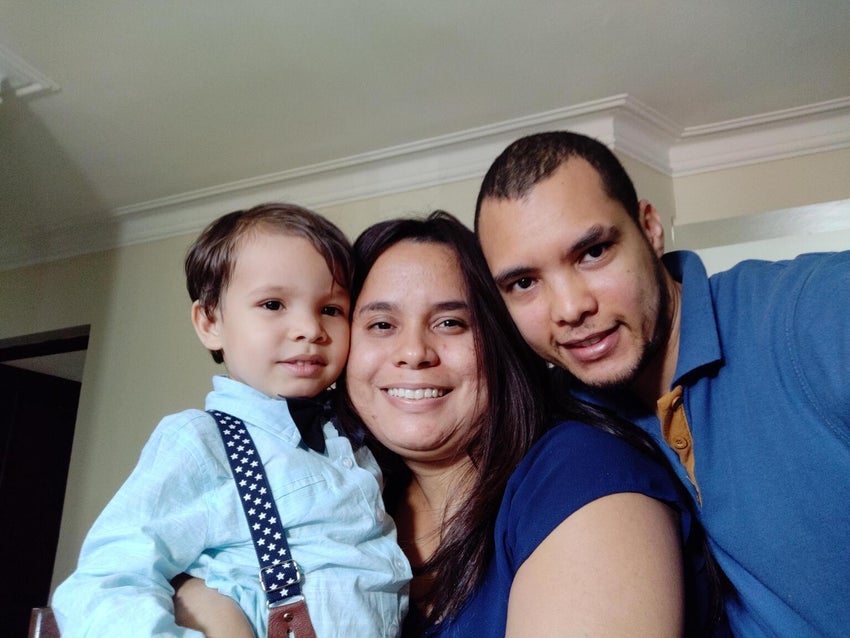
Should parents be allowed to share content about you online?
In a world where the average kid has at least 1,500 images posted of them online before they are five, we need to ask ourselves, what are the issues for kids when their parents and other adults in their life post content about them online?
You know that what gets posted online stays online and can be accessed by anyone at any stage, for good or bad. At times, images or videos posted can show personal information about where you go to school, what things you like to do and the areas you live in, play or holiday.
If you feel uncomfortable about images of you being shared, whether it’s your parents, grandparents, school, or sporting club, you can speak up and say no. Tell them why it’s not ok – remember, unlike you, they might not have grown up with social media and don’t always understand the risks. They should respect your wishes and privacy.
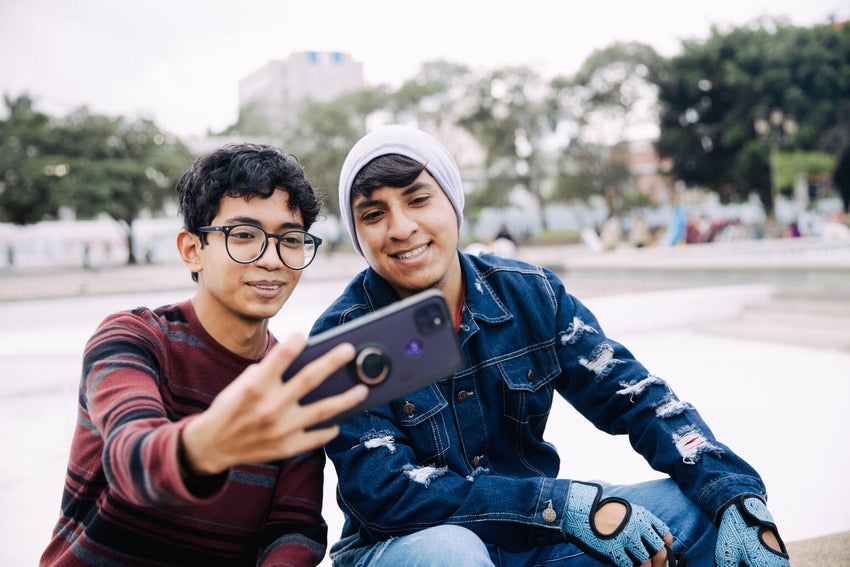
How to be a good friend online
These days, making friends online requires some unique skills. Whether you’re catching up with someone from school or chatting with another gamer, being a good friend online means showing empathy, respect, and kindness. Here are five tips on being the best friend you can be online.
Need help or advice?

The Rights of the Child and online safety.
Here are just some of the Rights of the Child that can impact you when it comes to your online safety.
No. 12-13 You have the right to share your ideas and be listened to on things that impact you.
No. 16 You have the right to privacy.
No. 17 You have the right to access safe and reliable information.
No. 36 You have the right not to be exploited



